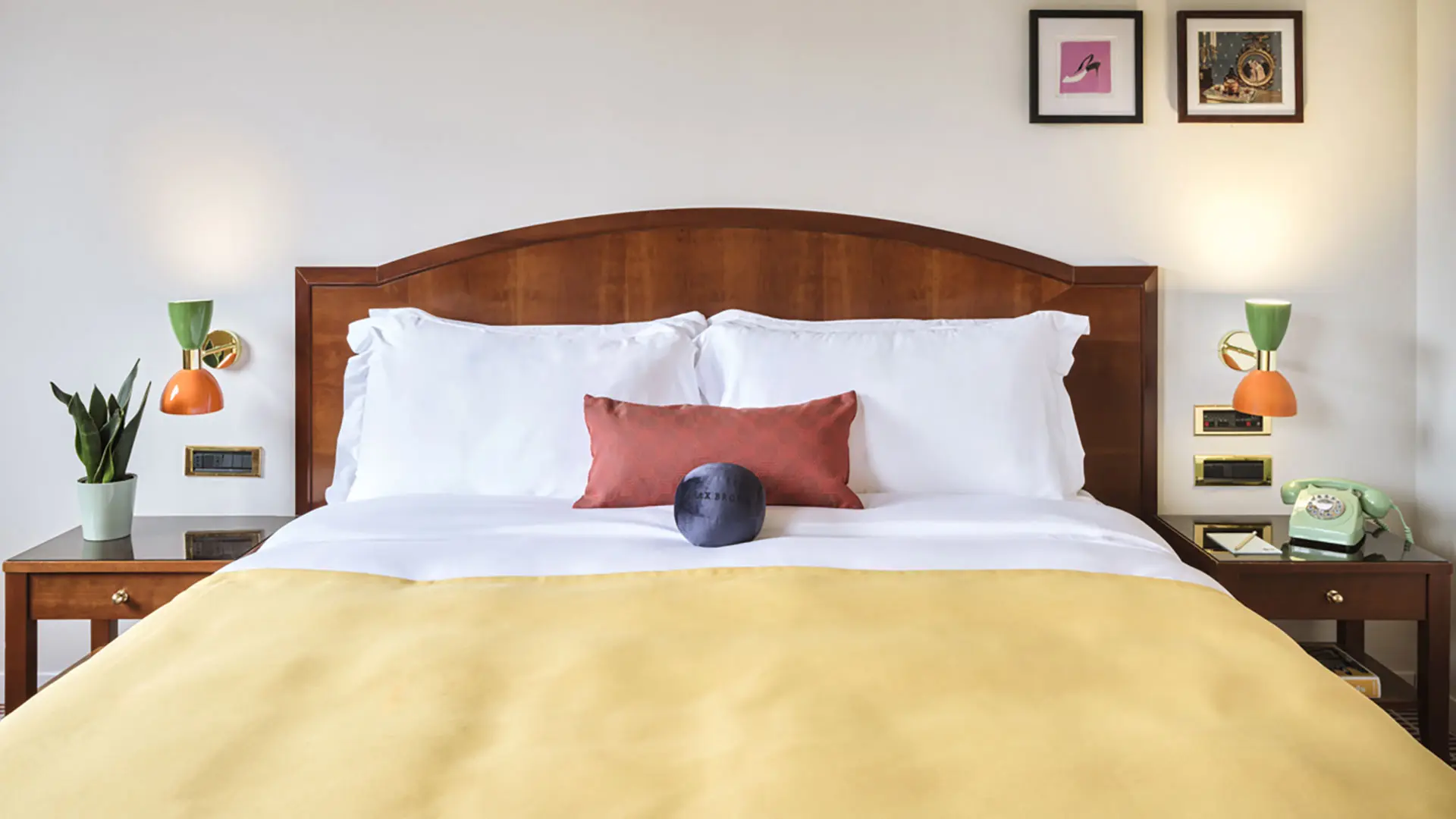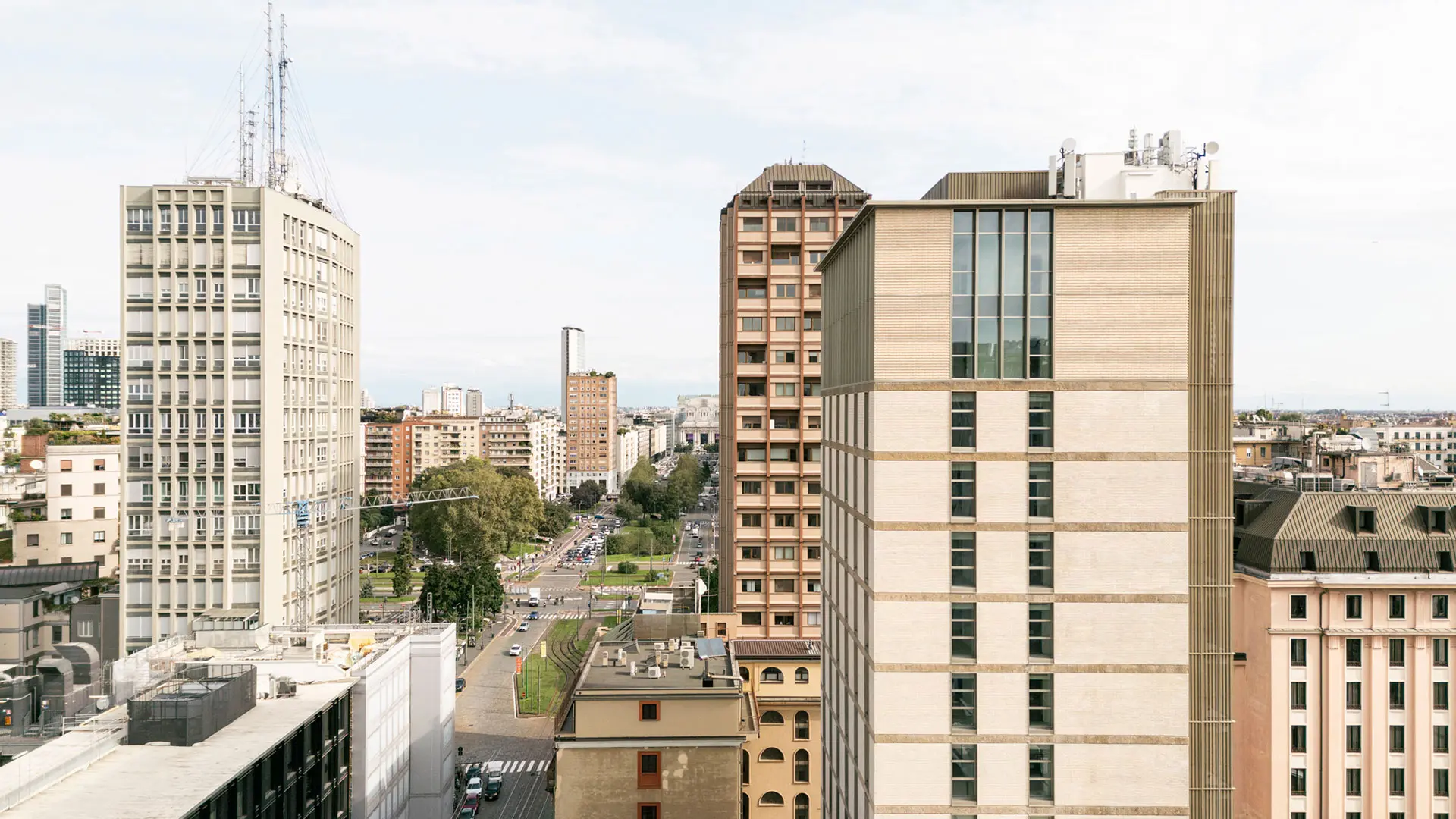In partnership with MiCodmc, a selection of establishments ripe for discovery during the 63rd edition of the Salone del Mobile.Milano, from 8th to 13th April
What we learned at Next Now, where Design fosters enterprise
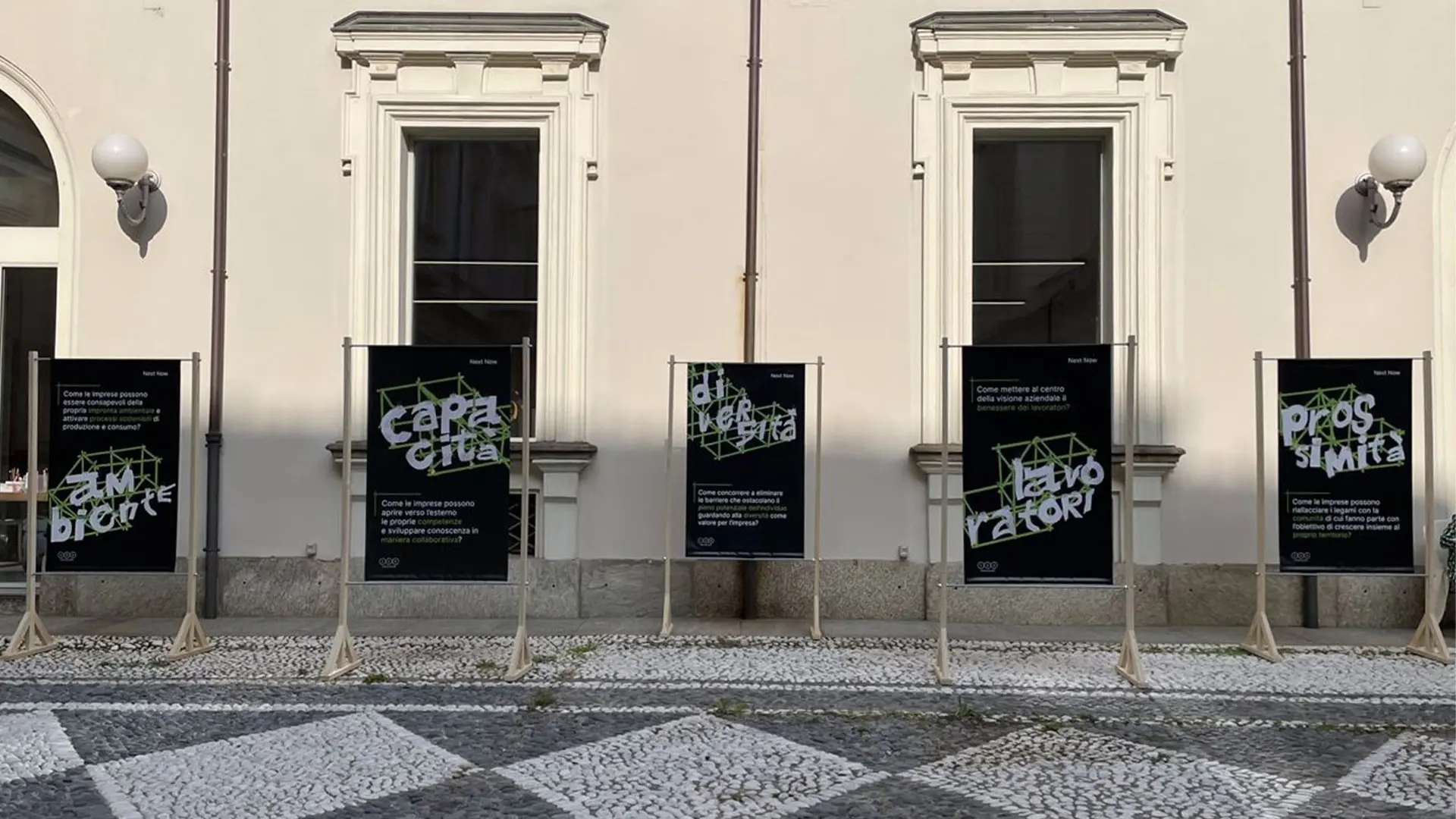
Next Now, entrance, Circolo del Design di Torino, photo courtesy
At the Turin Circolo del Design Conference, companies and researchers come together to showcase how Design for Social Innovation can trigger and guide change-led processes in companies, providing the tools enterprise needs to rise to socio-environmental challenges
According to the Next Now conference held on Oct. 27 and 28 at the Circolo del Design in Turin, the keys to tomorrow’s enterprise (laggards, take note) are experimenting with leading-edge tools, ensuring worker well-being, making an effort to create and measure the good of social impact, and all the while raise profits.
“The traditional parameters within which businesses have operated are changing as we seek the right response to the challenges the world has put before us, from climate chaos to pandemics, demographic pressure and socioeconomic inequality” proclaims the introduction to the Circolo del Design’s two-day conference on Design for Social Innovation in Business Culture, staged to foster learning by creating dialogue among virtuous companies, researchers and designers on how to design social innovation for true social impact, as well as generating profit.
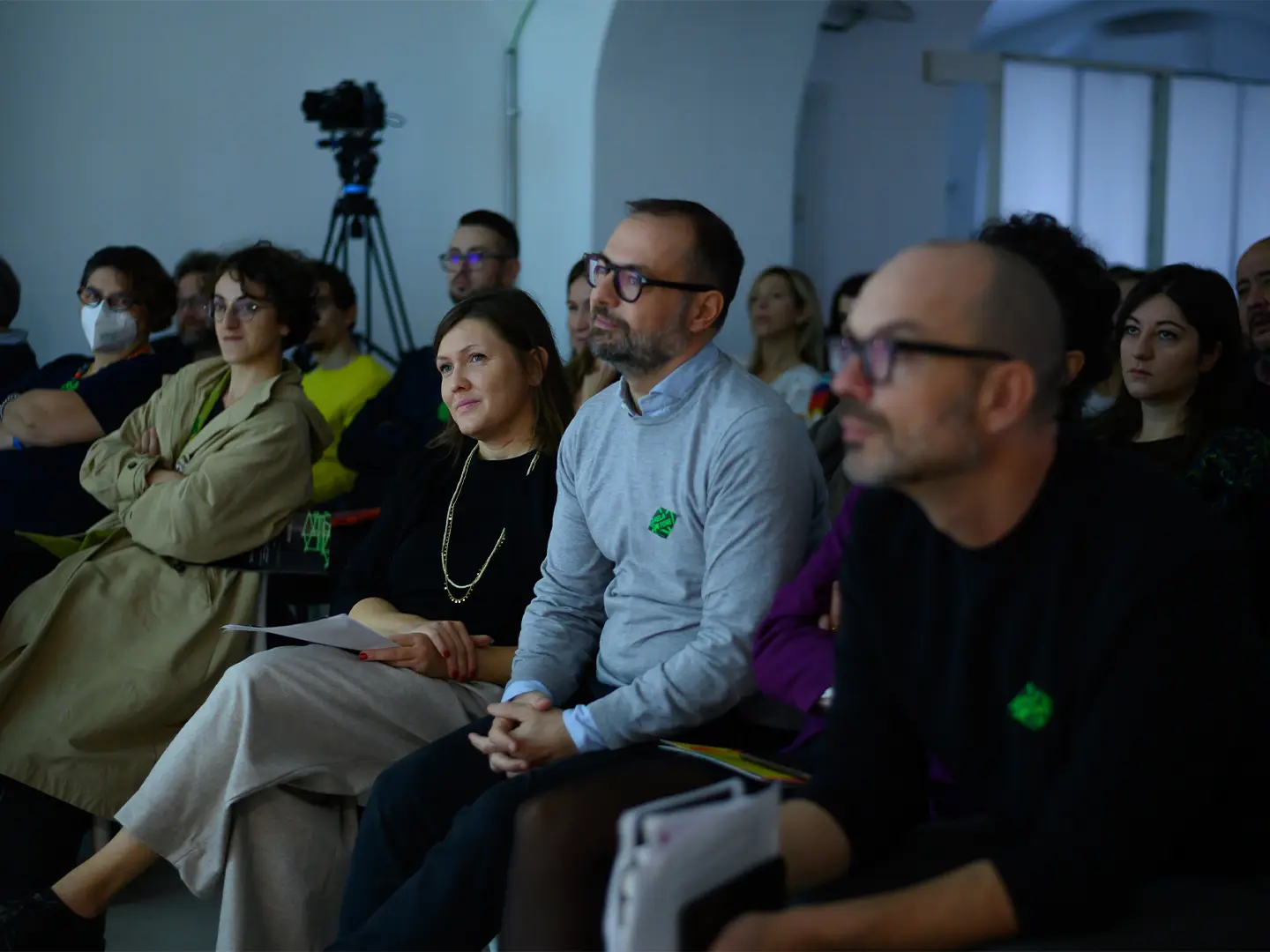
Next Now talks, Circolo del Design di Torino, photo courtesy
Twelve companies, twenty-five speakers and five workshops on this year’s chosen themes (skills, environment, diversity, workers and proximity) featured at Next Now, a place where design is understood in its truest and broadest sense: as planning for the future; specifically, planning for a better society inspired by United Nations 2030 Agenda sustainability-related themes. More and more companies are pro-actively embracing these themes. Combining the principles of common good, corporate welfare and profit, they are finding a new raison d’être and way of being competitive in the marketplace.
Speeches by researchers from Design Departments at the Milan and Turin Polytechnics and by forward-thinking entrepreneurs who participated in Next Now concur that social innovation can trigger, support and guide processes of change in businesses. To achieve this, Design can be used to redesign a company’s business model to better respond to today’s socio-environmental challenges.
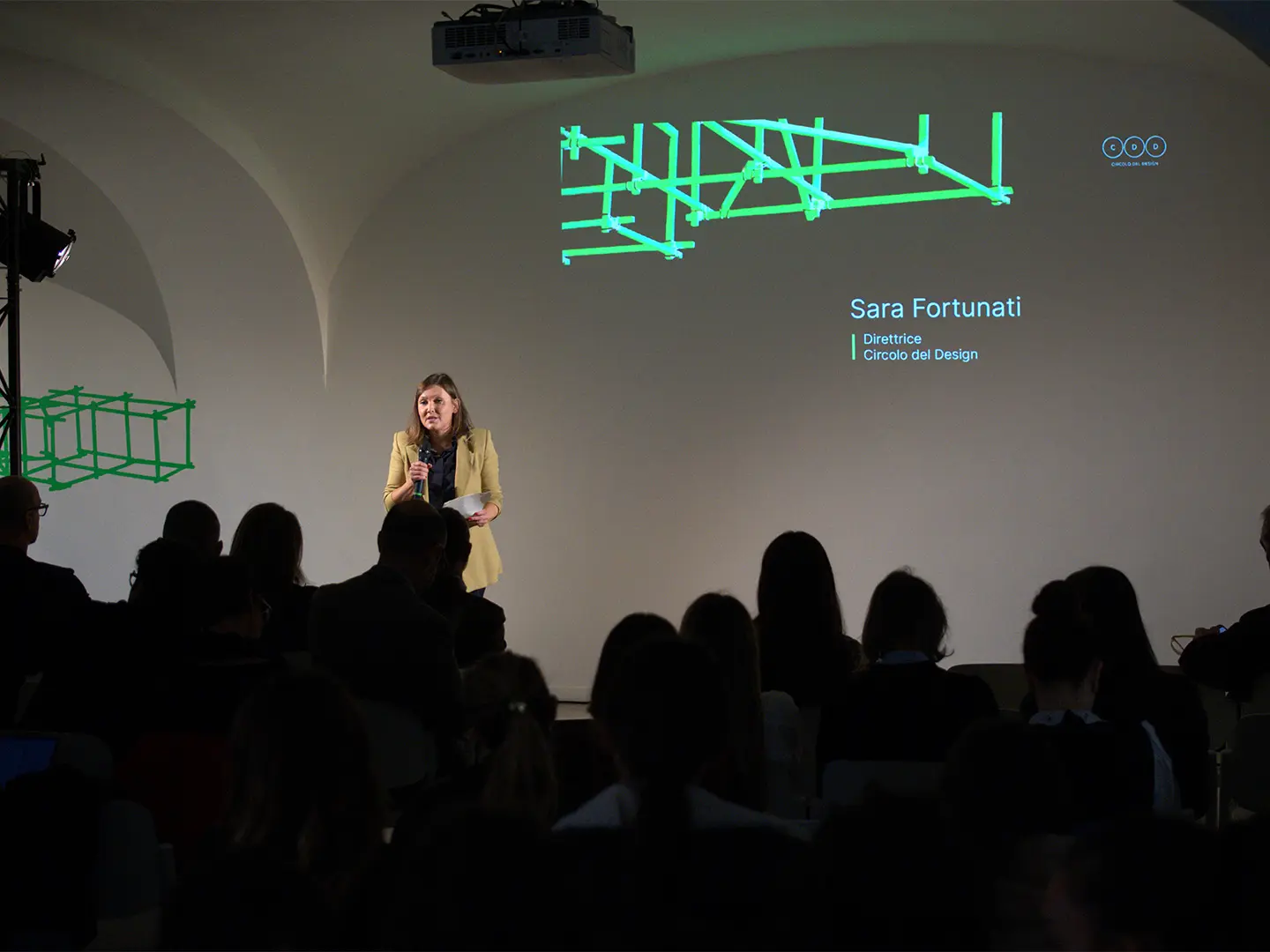
Next Now, Sara Fortunati, Director of Circolo del Design di Torino, photo courtesy
Following Bruno Munari’s teachings, researchers and lecturers at Polimi Desis Lab - with whom we previously talked about the Off Campus project - and Turin Polytechnic led the audience through the various stages required to build a social enterprise in the broadest and most forward-looking sense of the term: how to teach people to transform a company conditioned by the old profit principle into a truly ground-breaking enterprise, capable of triggering a virtuous - rather than a vicious - cycle of benefits for the company, its workers and the local area.
At the Circolo del Design in Turin, the future is now. Actually, it’s Next Now: design no longer solely about product design, i.e., relating to the composition, form and use of a chair or table, but design-as-a-service, embracing everything that happens at human and relational level between chair and table.
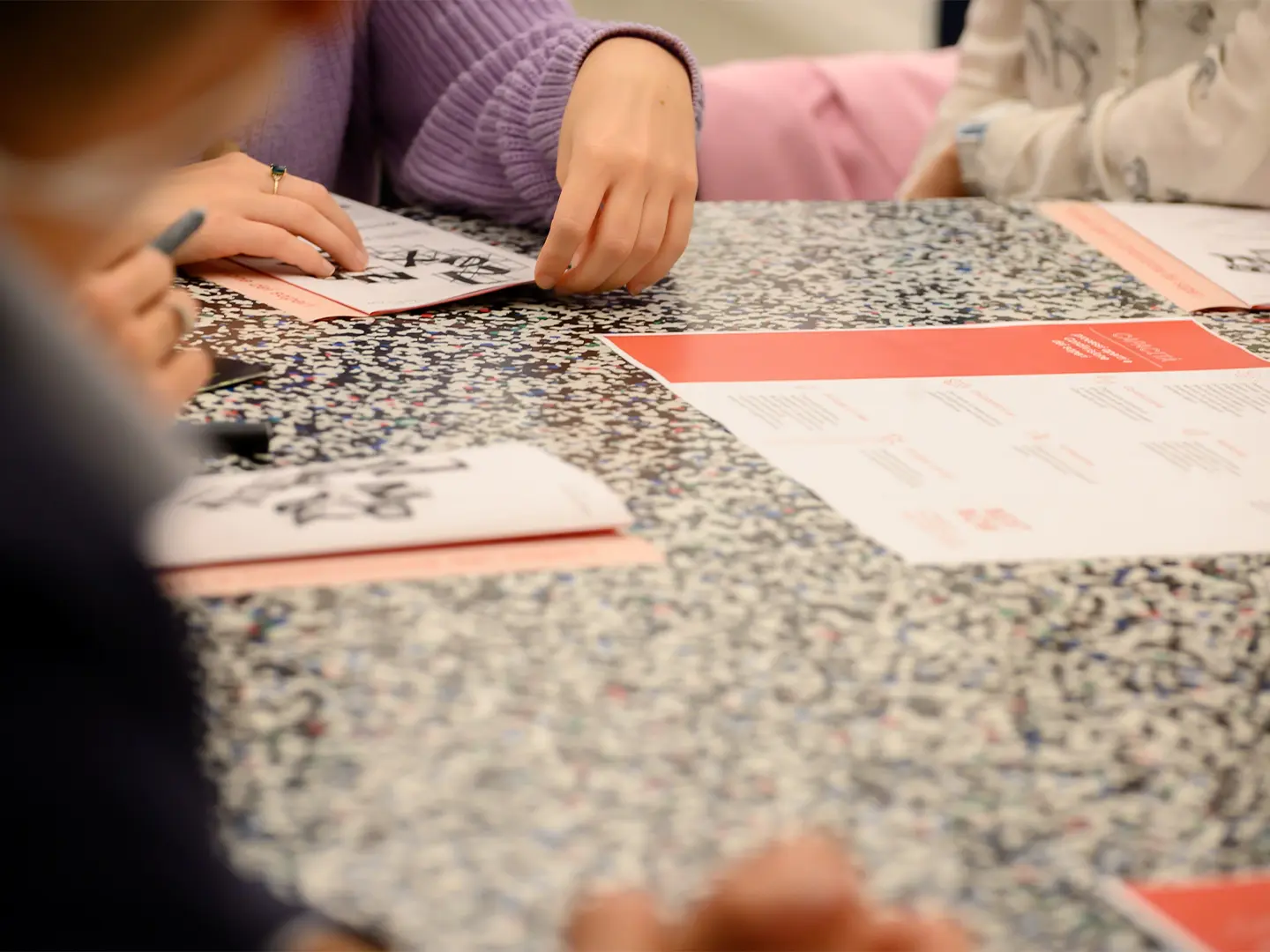
Next Now, workshop, Circolo del Design di Torino, photo courtesy
Until a few years ago, the idea of founding an ethical enterprise might only have appealed to people nostalgic for the sixties student revolution. Today, we are witnessing the beginnings of a new mentality in which people’s happiness can no longer be disregarded. SMEs and industrial companies are embracing sustainability not just in the form of grandiloquent statements and codes of ethics on corporate websites; they are making tangible improvements to worker well-being and the social fabric around the company, from closing offices at 5 p.m. to free coffee, laundry services for employees and pro-active inclusivity policies. From optimizing supply chains to production planned from early stages to take products’ end-of-life into account, the paradigm of contemporary social enterprise focuses on the local area, materials, and people from a 360-degree perspective.
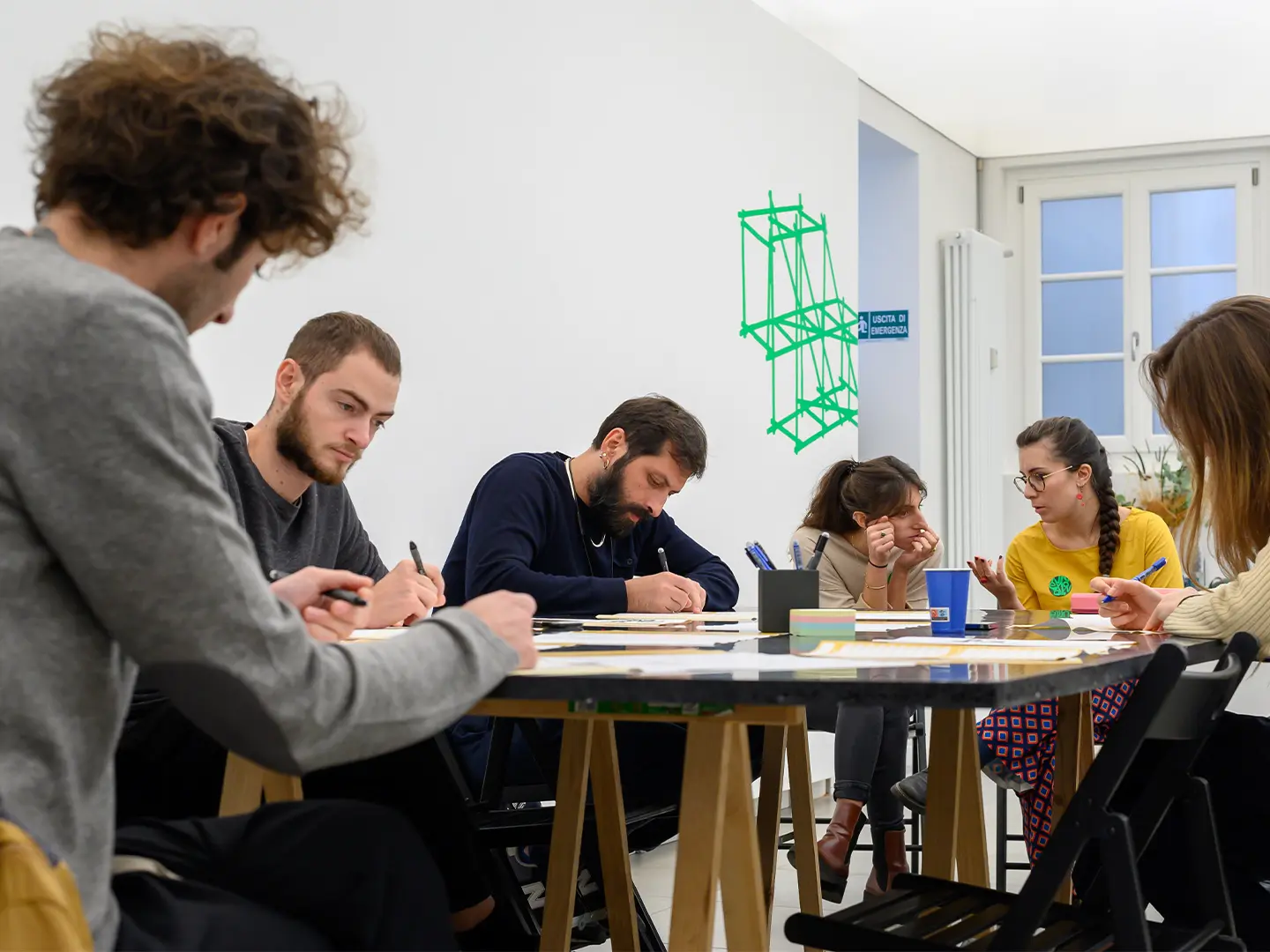
Next Now, workshop, Circolo del Design di Torino, photo courtesy
All of which brings us back to Bruno Munari’s principles on methodology, adopted by the researchers to identify the key factors for change: identify the problem, break it down into smaller problems, collect data, undertake analysis, find creative solutions, recognize what materials and tools are available, and experiment. This forward-planning model is useful today for creating social enterprises that, compared with the past, are more firmly positioned in the gray area between money-making enterprises (based purely on the profit principle) and meaningfulness-making enterprises (based purely on a community approach). Hundreds of virtuous solutions are available, as adopted by Commonground, Scam, Fantin, Ferrero Legno, Atelier Riforma, Plastiz, Biova Project, ABB Building Solutions, Exar Solutions, Loccioni, Reynaldi and Ca’ Mariuccia, the companies that took part in Next Now.
Next Now is a Turin Chamber of Commerce/Circolo del Design activity and initiative programme targeted at ongoing identification and facilitation of design as a tool for generating value and innovation among local area businesses. Torino Social Impact’s goal is to support companies in leveraging design by assessing the social impact generated. So, ready to truly innovate?


 Stories
Stories




